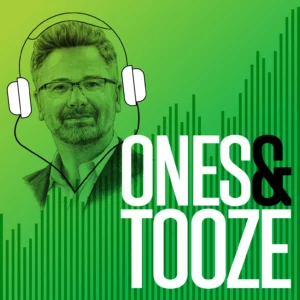
Chartbook #41: The interlocking crises that will shape the future of Biden Presidency
After Afghanistan, the Biden administration this weeks seems to be facing another pivotal moment over three interlocking political battles: on the infrastructure bill, the larger $3.5 trillion spending package that actually contains most of Biden’s policy agenda and the debt ceiling.
There is a worst case scenario – unlikely but not impossible – in which, by the end of October, both the infrastructure bill and the more ambitious $3.5 trillion package fail to find majorities, the government shuts down and America defaults on some part of its debt. That is unlikely, but it is not impossible.
Dramatic stuff.
But, say for sake of argument, in the last few days you had had your mind on other things – Evergrande in China, for instance, or the German election, or a day job that involved plunging back into Ken Pomeranz on the “Great Divergence” and Quinn Slobodian on the Habsburg roots of neoliberalism …. say you got to Wednesday and needed urgently to make sense of the mounting drama of fiscal politics in the United States … what would you read?
